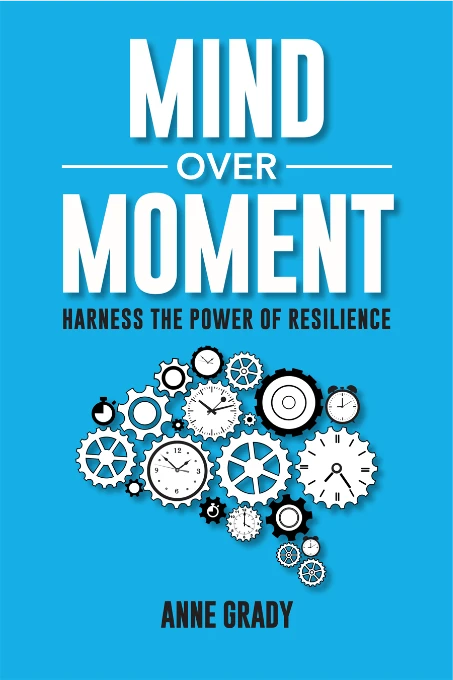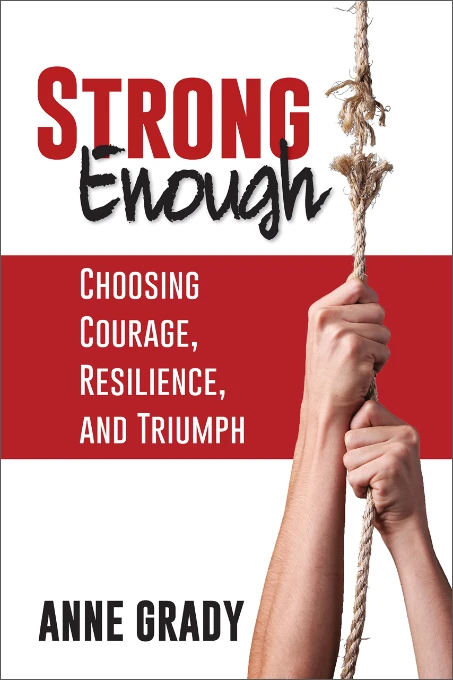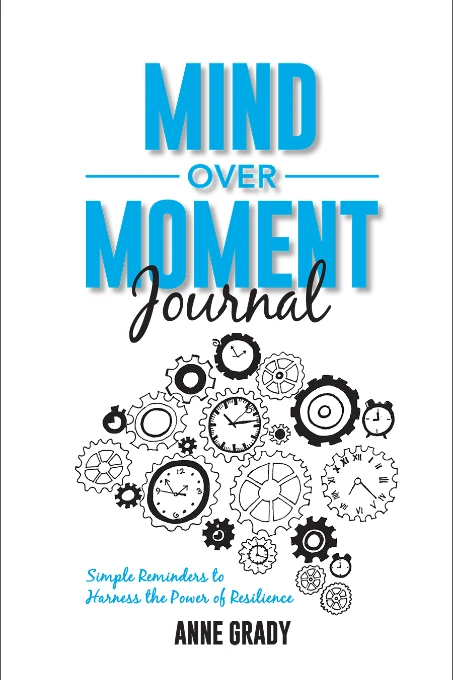What Do You Do With With Difficult People?
What Do You Do With With Difficult People?
What Do You Do With With Difficult People?
Next time you are in a room full of people, take a moment and look at the person to your left, then look at the person to your right. Statistically, 1 out of 3 people are considered “difficult”. If you don’t see that person, chances are, it could be YOU!
Whenever I present on the topic of Dealing with Difficult People, it is interesting to listen to participants share stories and examples of the difficult people in their lives. I hear stories of negative co-workers, the overbearing boss, the cranky spouse or irresponsible children. While the examples are different, what do you think remains the same, regardless of the situation?
99% of the people blame someone else for being difficult. At the end of the day, you can’t play tug of war alone. Chances are, if we see others as difficult, they view us in a similar way. I know you’re probably saying, “But THEY are the ones that are difficult!” While that may be very true, it doesn’t help resolve the problem or make the situation any better.
Too often, we get stuck in the “hammer-nail” syndrome. That means that if your most familiar tool is a hammer, most everything begins to look like a nail. It’s time to get some new tools. While we won’t be able to remove all of the difficult people from our lives, there are strategies to make it less agonizing.
Here are 7 ways to handle difficult people :
#1 LOOK IN THE MIRROR
What might you be doing, or not doing, that is contributing to the problem? Remember, you train people how to treat you. If you don’t like the way someone is treating you, you have to ask yourself what you have done to enable the behavior. Even if it is not your fault, what could you do to focus on solutions?
#2 SEEK TO UNDERSTAND
The moment people see you are trying to understand them, they become less defensive. Rather than spending your time trying to convince someone that you are right, truly listen to understand where the other person is coming from. Listening is not an easy skill. It requires you to stop what you are doing and thinking so that you are able to truly focus on what the other person is saying. Ask questions, empathize and use paraphrasing. Use statements like, “I want to make sure I understand where you’re coming from. What I hear you saying is…”. P.S. If you are thinking about what you are going to say when the other person is done talking, you aren’t listening.
#3 STYLE FLEX
Each of us interprets the world through our own lens. If you try to convey your message through yours, chances are, you are missing an opportunity to get it right, rather than be right. Remember, it is our responsibility to modify our approach if we are the ones who are unhappy with the situation.
#4 TAKE A BREAK
When we’re emotional, being logical is not physiologically possible. We go into fight or flight mode, and this makes it difficult to think and act rationally. If you are getting upset or emotional, take a break and revisit the discussion when you’ve had time to calm down. If you see the other person is getting emotional, say something like, “Look, I know we want to work this out, but right now we’re both pretty upset. Can we revisit this later today or tomorrow?”
#5 W.I.I.F.M (WHAT’S IN IT FOR ME?)
People do things for one of two reasons, to gain a benefit or avoid a loss. If you take time to figure out what is in it for them, you have a much better chance of positively managing the relationship.
#6. Q-TIP (QUIT TAKING IT PERSONALLY)
80% of the way we behave is based on how we feel about ourselves. Try to take a step back and depersonalize the situation. Chances are, it really isn’t about you.
#7 TAKE “YOU” OUT OF YOUR LANGUAGE
When we use “You” statements, the natural reaction is defensiveness. Instead, use “I” statements, or better yet, depersonalize the statement all together. For example, rather than saying, “You aren’t listening to me”, try “Please don’t interrupt”. Or, instead of, “You said you would finish this by today”, try “The project really needs to be finished today. What do we need to do to make that happen?” If that doesn’t work, try this formula: When you (fill in the blank), it makes me feel (fill in the blank). In the future, it would help if we could (fill in the blank).
Life is too short to let people push your buttons. Is it really worth letting a difficult person take that much time and energy away from the people and things you would like to focus on? As you go through your week, remember, we are all difficult to someone. Do your best to not be that difficult person!

Anne Grady is a Speaker, Author, and #TruthBomb Dropper.
Anne shares practical strategies that can be applied both personally and professionally to improve relationships, navigate change, and triumph over adversity. And she’ll make you laugh while she does it. Anne is a two time TEDx speaker, and her work has been featured in numerous media outlets, including Harvard Business Review, Entrepreneur, Forbes, Fast Company and Inc. magazines, CNN, ESPN, and FOX Business. She is the best selling author of Mind Over Moment: Harness the Power of Resilience, 52 Strategies for Life, Love & Work, and Strong Enough: Choosing Courage, Resilience and Triumph.
MAIN OFFICE
(512) 821-1111
BILLING & MAILING ADDRESS
P.O. BOX 5815 | ROUND ROCK, TEXAS | 78683





Wow! I guess I hadn’t thought of it that way. You hit the nail right on the head. Changing our response so that it make the situation not so difficult can be trying. I actually have tried to change my response starting with my family. Even we can change our response with personal relationships, the work relationships could turn our to be must easier to deal with. Thanks!!
Isn’t it amazing that our personal relationships can be so much more difficult than work ones! We are toughest on those closes to us.
Good advice. I always play tug of war alone and it kills me. Just learned a new phrase, Q-TIP.
Anne, I’d like to place the text of your message above in my District Newsletter as you sent it out in your email and then do as you did, include a line that says “to read more” go to this website.
I would also list you as the author of the article and provide the web address to the Strategic Solutions Group
What say ye?
Ray Ivey, Dir of Administration at Azle ISD
817-444-3235
I was wondering if i could use some of your Weekly Motivationals for our Monthly Newsletter for ABWA Globe Chapter, Killeen, Texas? Thank you for coming to our meeting in May 27th, your presentation that night was the best at keeping my attention in the two years i have been with Globe Chapter. Thank you so much Anne.